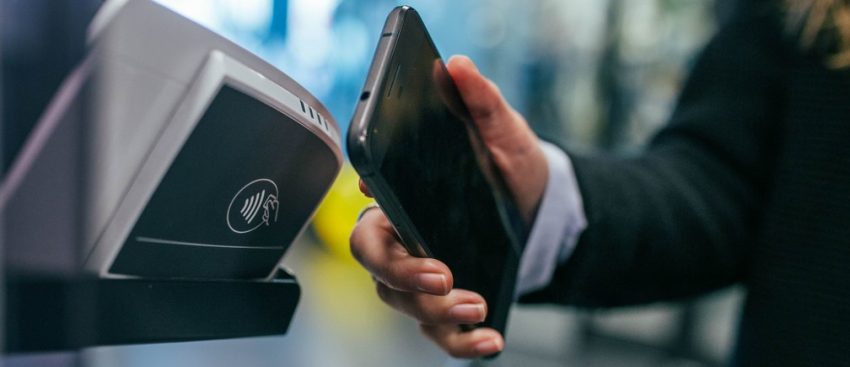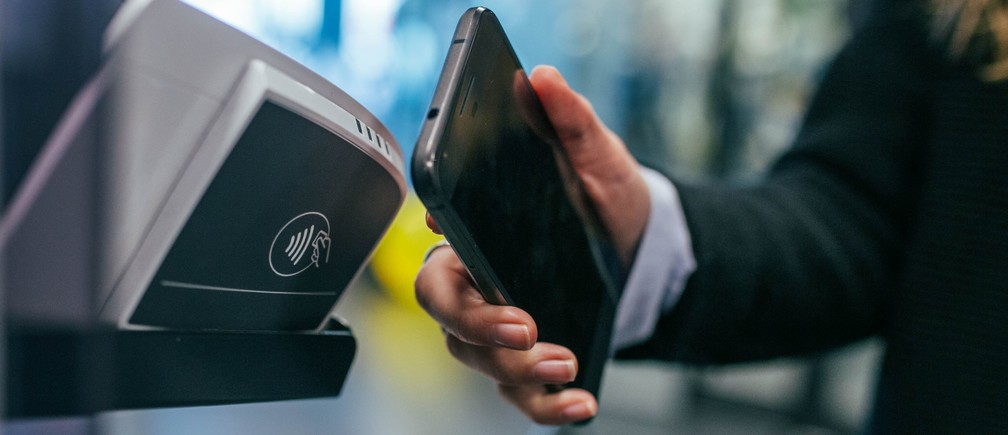Is Society Ready to Become Cashless


Big news for any advocates of “cashless society” – a new bill has been passed in the state of New Jersey that obligates stores to accept cash payments. The bill was signed by the governor of New Jersey Phil Murphy, and in his opinion, cashless shops are discriminating customers who do not have a bank account. This way, New Jersey became a second to ever state to ban cashless payments, Massachusetts being the first, signing their bill in the year 1978. This law was obviously proposed in order to target companies like Amazon and Walmart, who are currently promoting and making money on the cashless agenda.
In addition to all that, Philadelphia filed a ban on cash discrimination, which on papers should start working from July of this year. Rumors are that many others states are filing the same type of bans now, one of which is the state of New York. The name for the ban is a so-called “cashless store ban”, which obviously targets in which the card payment is the only payment a customer can use.
Some new penalties have also been introduced in both New Jersey and Massachusetts, which are now officially two American states with the most aggressive politics against the cashless market. The previous regulations were in force for the last 40 years, since Massachusetts first signed that bill. You can probably guess what else has happened 40 years ago that sparkled this bill – credit cards became more popular. A lot has changed since then, but the rhetoric used in both processes, back then and now, is actually almost identically the same: it is all about personal fears, discrimination of the dollar, financial exclusion, etc. Just imagine a hard working lower class from any state, returning late from work, and being unable to buy an American burger in an American diner with the American dollars. This type of rhetoric, which includes national pride and cultural distinctions will always appeal to the audience. And we know how serious of a strikes an American society can deliver.
Cash society is returning
So how do New Jersey’s regulations look like? The law, which was initiated back in September of the previous year now prohibits the refusal of accepting payment in cash. Violators of the law would have to pay a fine of 2,500 thousand dollars for the first refusal, but the second one will already cost them up to 5,000 thousand. All of the following violations would go under the New Jersey Consumer Fraud Act and fines can raise up to 20,000 thousand dollars and possible imprisonment.
The people who are opposing the law, also have pretty convincing arguments in their defense. A lot of American sellers and business owners were not only switching to cashless method because it is cheaper and more convenient but for the most part, it was for the security reasons. Of course, armed shop robberies does not happen as often as we can see in Hollywood movies, but they still oppose a real threat, since possession of a weapon in the United States is legal. Just imagine the reaction of a robber who sees s sign on the shop, stating that there is no cash in a cash register since this shop operates solely on cashless payment – he would just turn away and leave for good.
The project authors, however, oppose all of these statements, saying that these types of cashless shops are heavily discriminating against families with lower incomes, who simply cannot afford a bank account. And this is let alone the elders, who are in most cases, regardless of the country, are usually not in favor of the “plastic money”. Although it may come as a surprise for some, the United States is a class society in which more than 60 million citizens are financially excluded. This means that they do not have access to a variety of financial services due to their previous bad credit card history or even a complete lack of it. And these people also deserve a chance to stay “inside” the society. Minimizing their payment options would definitely be a step in the opposite direction.
Amazon and Walmart are fighting back
This came as a no surprise to anyone when both Amazon and Walmart started heavily opposing the bill. These companies are the primary examples of pure benefactors of “cashless society”. Both Amazon and Walmart are working intensively on introducing more shops completely without the use of cash registers. And these shops are of course 100% based on non-cash payment only. The introduced bill will undoubtedly significantly hinder the development of Amazon Go in the state of New Jersey.
The first Amazon Go shop was opened in a previous year in Seattle. The consumers needed to have an installed Amazon app in order to gain entrance. No cash registers, no baskets – just come in and put everything you want straight in your bag. Amazon was charging customers Amazon account after they were leaving the shop. Amazon was planning to open 3,000 more cashier-less stores by the year 2021, but I think those numbers will be revisited now.
Walmart’s latest attempt in the cashless field was a probe on letting customers of their shops’ scan and pay for the items directly from their phone. The idea did not seem to work and Walmart was not very transparent with their future plans. And while they are searching for a reliable vendor to cover their financial workflow needs, of course, their involvement in the fight can only indicate that the giant has serious plans in the nearest future for all of us to witness.
Final thoughts
In my opinion, the topic can be boiled down to the principle that says that the poorest people in the society are actually the ones who pay the most for the access to financial services. Account maintenance, consumer loans, and credit card services – all of that is just a small fracture of what goes to those people’s monthly bills. And this is why, from my perspective, people who were designing the legislation, were working from an assumption that allowing the increase of cashless shops will go against the interest of a large proportion of American citizens since it will expose them to the additional financial service costs.
Currently, cash payment accounts for 31% of all transactions in the United States. And with the new trends of passing “pro cash” laws, this number can easily raise even more in the future.
